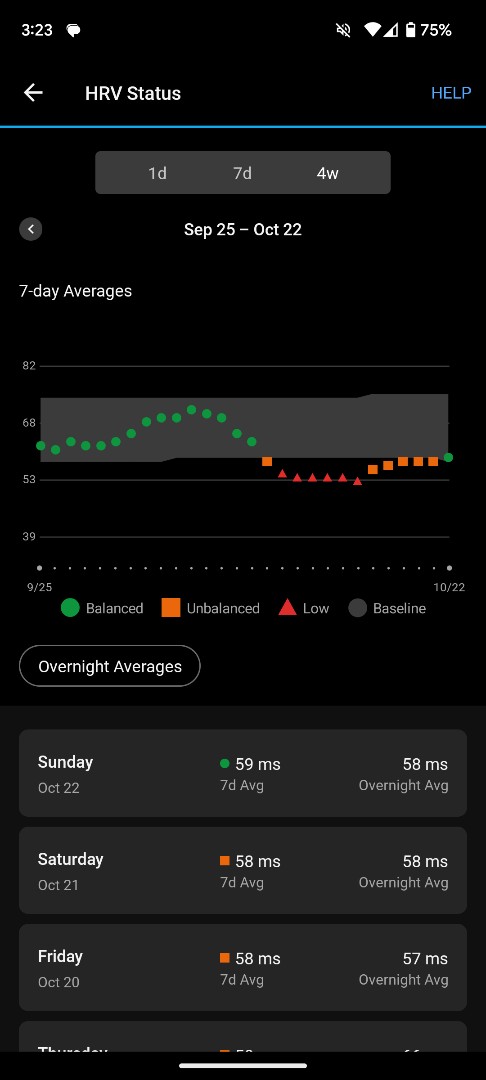I work with folks (sleep physiologists) who conduct validation studies of wearable and near-able sleep trackers (compared against the gold standard, polysomnography). Their names are Evan Chinoy and Rachel Markwald, and you can look up their recent publications (2021 and 2022) in which they compared a number of devices.
There are several wrist-born devices (e.g., Fitbit) that tested well, and so did the Oura ring. The Garmins they tested didn’t perform as well as other devices. Fit
Factor (ring vs watch) is something to consider.
In general, the time in bed and total sleep time data from wearable sleep trackers are good; the algorithms for sleep stages are not quite reliable yet.
Also, the wearables are generally better at detecting sleep/wake at night- vs day-time sleep periods (naps, shift workers).
This is the advice you should take, and also get a real sleep study to rule out actual issue beyond “my sleep sucks”.
To those of you that use a tracking device, what do you do with the information? You wake up in the morning and look at it, then what? What do you do differently if it tells you your sleep was poor/good?
For me it led to getting a proper apnea sleep test that then led to me getting oral appliance to help with mild apnea and has completely cured my snoring.
Also fo the OP, download a free snoring app if you think snoring and other stuff is going on. I use SnoreLab.
As far as what else people use it for, they’ll start messing around with different sleep positions, pillows, supplements, eating habits, etc…to try to draw some conclusions of what helps with better sleep.
.
